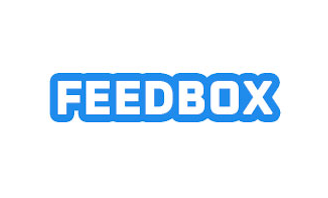While not every side of the current movement and protests are being televised, they are certainly being featured on social media.
Social media (especially platforms like Twitter, Instagram, Snapchat) have been responsible for highlighting important moments, information, and statements from everyone from the protestors themselves, to public and political figures.
Including perhaps the most public figure in the United States currently, the president, Donald Trump.
Over the past week, Twitter has begun to censor tweets from the President along with a few other public figures.
Trump immediately took to his over 81 million Twitter followers to make claims of the social media giant stifling his speech and interfering with the November.
As a further act of retaliation against the censorship and labeling Trump’s tweets containing inaccurate or harmful messages, the President signed an executive order designed to break the legal protections that media companies, like Twitter, rely on so they’re not liable for content being posted.
In response, Twitter continues to censor and label more tweets by the President along with other public officials.
In more recent news, Snap, the company that owns the popular messaging and social media platform app, Snapchat, has announced that President Trump’s Snapchat account will no longer be actively promoted or featured on their Discovery page.
On his account, he regularly posts screenshots of his tweets as well as pictures from photo ops, like the one that recently occurred with his wife in front of St. John’s church.
High profile celebrities and political figures, like the President used to be regularly featured on this Discovery page which organically receives millions of views and impressions from its users.
Like most other social platforms, Snapchat has received a huge swarm of activity and users since April, reporting that it’s daily active users have reached nearly 230 million people, making the app an extremely popular platform for the youth population to share and digest media.
Snap’s decision to stop promoting the Presidents account, but not deleting his account, come from his tweets posted this past Saturday in which he said tweets, posted on Saturday, in which he threatened to send “ominous weapons” and “vicious dogs” into the protests erupting across the country.
Snap CEO, Evan Speigel, responded with a lengthy address to his employees and the public on the company’s blog, “We will make it clear with our actions that there is no gray area when it comes to racism, violence, and injustice… We simply cannot promote accounts in America that are linked to people who incite racial violence, whether they do so on or off our platform.”
This follow up reaction to Trump’s comments and actions on social media has resulted in another retaliation from the President and his campaign manager, Brad Parscale, claiming that “Snapchat is trying to rig the 2020 election.”
Large media companies like Twitter and Snapchat standing up to large political figures and censoring information that’s proven either inaccurate or largely harmful are what many US citizens, especially the youth, believe to be a needed step in the right direction when it comes to the messages being sent to a country from its leaders.
Time will only tell the future regulations that are put into place regarding this type of behavior from these companies, and if other media giants, like Facebook and Instagram, who have largely been silent in these matters, follow suit in the same way that Snapchat and Twitter have.


































